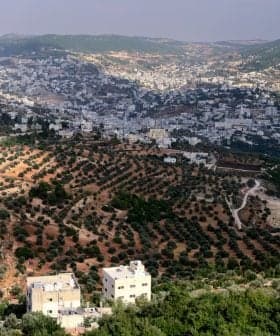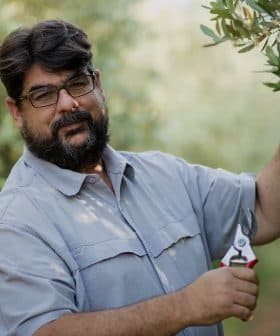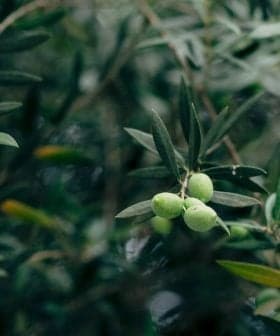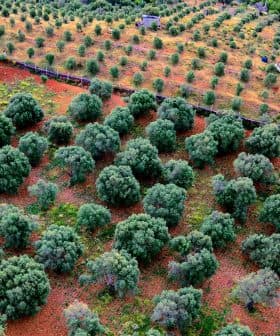Experts: Sustainable Farming Will Play Key Role in Post-Pandemic World
The population's priorities will shift in a post-coronavirus world, demanding ethical and sustainable production from farmers and distributors in the years ahead.
During the lockdown, Venice’s canals cleared up, dolphins and whales were seen near ports, and wildlife returned to urban areas. The decrease in pollution worldwide due to reduced human activity highlights the impact of human actions on the environment, prompting experts to emphasize the role of agriculture in creating a better, post-pandemic world by adopting sustainable practices and respecting the environment.
Water in Venice’s canals runs clear, dolphins and whales are spotted off the ports, deer and bears roam in urban areas.
Half of the world’s population has spent this spring locked up at home, and reports from around the globe indicate that pollution is significantly decreasing while nature quietly returns to areas from which it had been chased away.
Everything is connected — what we do to the world comes back to affect us.
The European Space Agency’s Sentinel-5P satellite has revealed a drastic decline in nitrogen dioxide (NO2) levels in northern Italy since the country went into lockdown on March 9. Everywhere, there are clear signs of how human activities have impacted the environment, seen in stark relief now that we have reduced our tread on the landscape.
These developments have not gone unnoticed by experts, many of whom believe that agriculture can have a major role to play in a better, post-pandemic world.
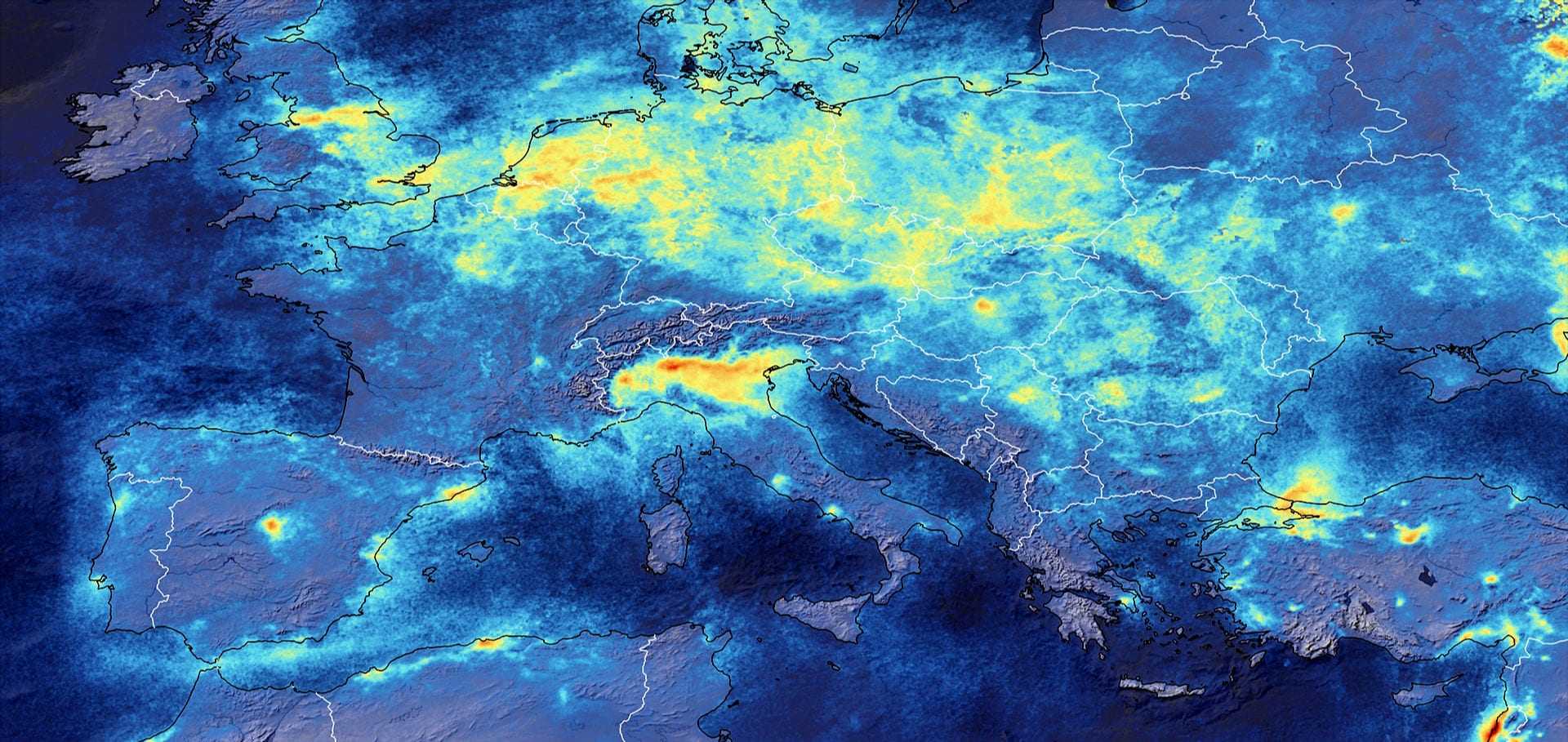
European Space Agency
“There is finally full awareness of the importance of the environment,” said National Association of Olive Oil Cities founder Pasquale Di Lena, who has a long history of professional experience in the olive farming sector. “We became aware that too often our territories have been raped by a system which exploited the resources as if they were unlimited. But the earth needs respect.”
According to the last report on land use by the study center of the Italian Environment Ministry (Ispra), during the last six years, Italy has lost areas that were capable of ensuring the absorption of 2 million tons of carbon dioxide (CO2) and producing 330,000 tons of agricultural products and 2,200 tons of wood products.
“In a new successful system, the first step is to stop the abuse of the territory,” Di Lena said. “The quality of production also depends on how the land is managed, and this puts agriculture at the core of a new development model.”
He called for limitations on industrialized agriculture and for governments to adopt fair, sustainable policies.
Other stakeholders agree that conservation of biodiversity depends upon the protection of the environment and proper management of natural resources.
“Following a sustainable path, agriculture will play a leading role in the post-pandemic world,” said Maurizio Pescari, a communication consultant with 25 years of experience in the olive oil sector.
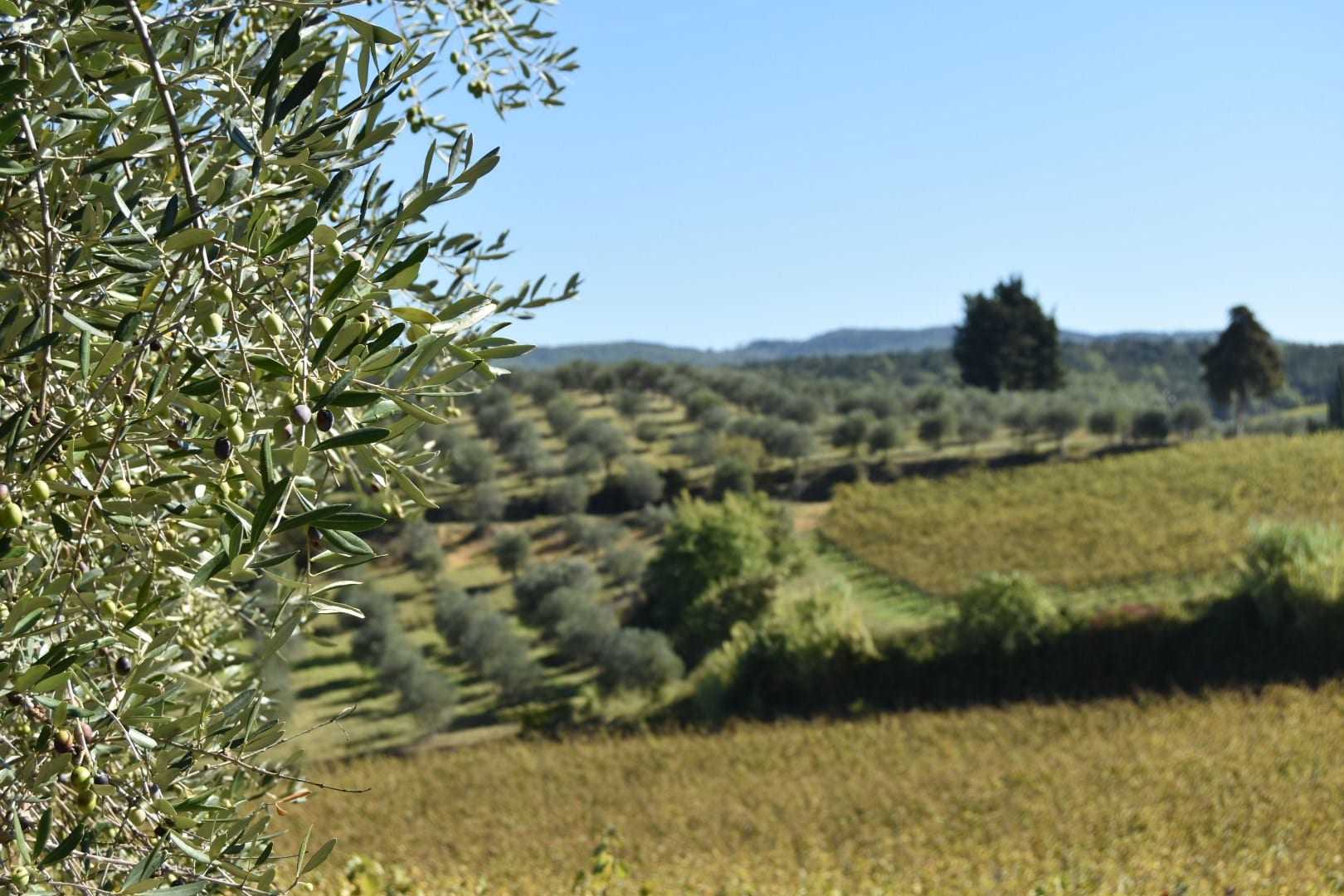
Angelo Bo
Pescari said olive farmers are already aware of the role that biodiversity plays in the olive harvest and production of oil, and that the current pandemic should underscore how important it is to maintain a healthy ecosystem.
“Players in the industry have already started to redesign their role, to overcome not only the Covid-19 emergency, but also the effects of sector-specific problems like Xylella,” Pescari said. “In order to excel, producers must put respect for the consumers first … we can already see how their choices in a time of quarantine include a renewed attention to the food they put on the table daily.”
He observed that agriculture was one of the few sectors that did not shut down entirely due to the pandemic, and predicted that, despite an unstable and complex market, growers would be able to sell their harvests.
Since the start of the lockdown measures, the demand for protected designation of origin (PDO) olive oils has increased, olive oil producer and brand care consultant Mariagrazia Bertaroli told Olive Oil Times
“In my opinion, this is a great opportunity for a re-branding operation,” Bertaroli said. “We can re-setup the olive oil sector, establishing new relationships, changing some aspects.”
Bertaroli said that consumers have begun to pay attention to producers’ ethical choices, and predicted that company ethics would become more important in the post-Covid-19 marketplace. She argued that the olive oil industry should respond to consumer interest in sustainability and related factors by creating a platform to certify and track socially, economically, and environmentally sustainable companies.
The results of an April survey on brand growth during times of crisis support Bertaroli’s observations. The survey, by research firm Ipsos, concludes that, as consumer priorities with adversity, they are likely to prioritize good citizenship and mindful consumption over other factors.
“In a post-pandemic world where the consumer context may yet shift again, people will remember what role brands and companies did or did not play in their lives during times of adversity,” researchers wrote in the survey.
Thinking about how producers should approach a potential shift in consumer priorities, agronomist Angelo Bo predicted the establishment of a “new pact of trust with consumers.” Producers should strive to provide authentic products, managing their groves better and more efficiently, said Bo, who specializes in organic olive farming.
“They should be as sustainable as possible. Then we should fine-tune our production processes, paying attention to the hyper-complexity of the olive ecosystem, aiming to enhance that combination of territory, biodiversity and agronomic techniques capable of giving unparalleled fruits,” he said. “And this involves a work of continuous adaptation.”
Bo said the pricing framework should reflect the real value of the work it takes to produce high-quality products while fairly compensating everyone involved and protecting the environment in the process. He noted that artificially low prices often result in under-compensation, fraudulent or illegal activity, or simply an unreasonable perception by the consumer of what constitutes fair remuneration.
But even if everyone agrees that food should be produced sustainably, a growing population places pressure on food supply channels. Population projections for 2050 exceed 9 billion people. How will the world produce enough food to feed everyone while also trying to reduce the impact on the planet?
Environmental anthropologist and world heritage specialist Margherita Monti said, “There is no single, globally applicable management solution because agricultural practices depend on site-specific variables, such as climate, ecology, geography, demography, affluence and regulation. Nonetheless, sustainability principles can be applied across different management systems.”
Monti said that we now live in a new era, dubbed the Anthropocene era, characterized by humanity’s heavy influence on Earth’s natural systems. Though the average global citizen’s health has improved over the last past century, the health of our planet has sharply declined — a story told by climate change, decreasing biodiversity, shortages of arable land and freshwater pollution. Damage to our environment puts recent and fragile public health gains at risk.
“We have dramatically affected our global food production system, the quality of the air we breathe and of the water we drink, the habitability of the places where we live, and our exposure to infectious diseases. Everything is connected — what we do to the world comes back to affect us,” Monti said. “Understanding and acting upon these challenges call for massive collaboration across disciplinary and national boundaries to safeguard our health.”


